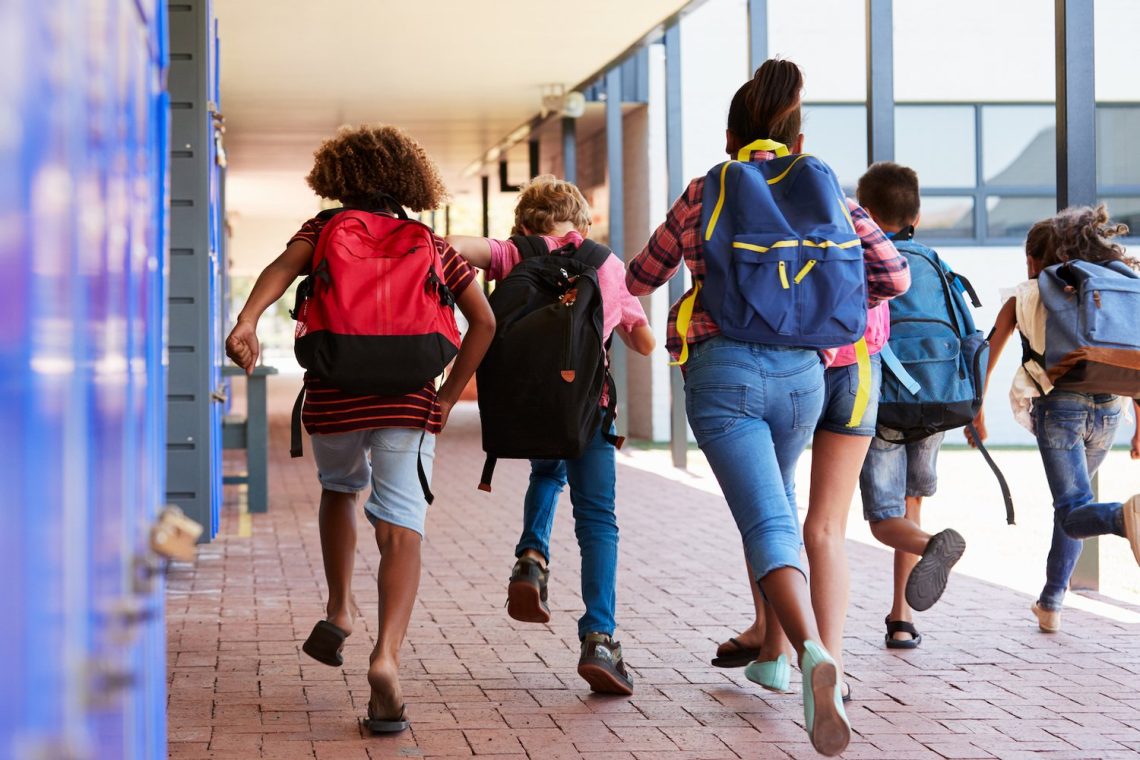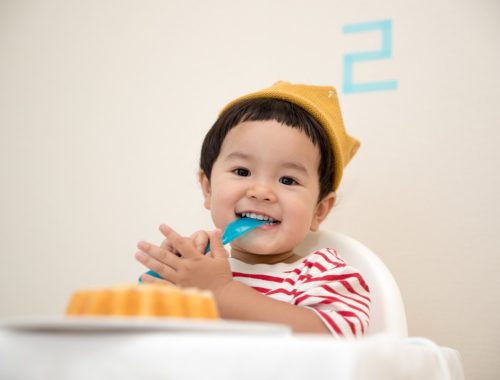
Preparing Your Child for School: The Transition from Pre-school to School
The move from pre-school to kindergarten is an exciting time in a child’s life. It heralds the start of a new chapter full of fresh experiences, friends, and academic difficulties. However, both children and parents may find this change difficult. It is critical to prepare your child for this huge shift in order to guarantee a smooth and successful transition. In this post, we will look at numerous tactics and recommendations to assist you and your kid confidently move from pre-school to school.
Guidelines to Follow:

Introduce the Concept: Begin by having open and pleasant talks about entering school with your child. Discuss your new surroundings, instructors, and classmates. Highlight the exciting elements of school, such as meeting new people, learning new things, and participating in interesting activities.
Visit the School: Arrange a visit to the school before the official start date if feasible. Make your youngster familiar with the school grounds, classrooms, playground, and other amenities. Meeting the instructors and staff might assist in calming any concerns and creating a sense of familiarity.
Establish Routines: Before the commencement date, gradually introduce and establish school-related routines. Set regular bedtimes, mealtimes, and morning rituals that mirror the school schedules your child will follow. This aids in the transition to the regimented routine of a school day.
Encourage Independence: Assist your kid in developing basic skills that encourage independence, such as clothing oneself, independently using the restroom, and packing their backpack. Encouragement of independence fosters confidence and prepares students for self-care duties at school.
Fine Motor Skills Development: Encourage your kid to participate in activities that enhance fine motor skill development, such as coloring, cutting with safety scissors, and writing or tracing letters. These abilities will be useful when kids begin writing and other fine motor exercises at school.
Encourage Social Skills: Set up playdates or enroll your child in social activities where they may engage with other children. Encourage excellent manners, sharing, and taking turns. Building connections and handling social issues at school need social skills.
Read and Explore: Instill a love of reading in your youngster by reading books to him or her on a frequent basis. Visit the library, study different genres, and participate in story conversations. This improves not just their language and reading abilities, but also their imagination and curiosity.
Develop Basic Numeracy abilities: Through fun games, introduce your youngster to basic numeracy abilities. Count things, perform simple number games, and include numbers in daily activities. These exercises help to create the groundwork for the mathematical topics students will face in school.
Encourage problem-solving: Encourage your youngster to think critically and solve issues on his or her own. Engage in puzzles, riddles, and age-appropriate problem-solving exercises that promote cognitive abilities and foster creative thinking.
Emotional Readiness: Assist your youngster in recognizing and expressing their feelings. Teach kids coping methods for dealing with emotions like worry and frustration. Encourage open conversation and reassure them that experiencing a range of emotions is typical during this time of change.
Build a Positive Relationship with Your Child’s Teacher: Attend any orientation or meet-and-greet sessions offered by the school to get to know your child’s teacher. A positive connection with the teacher promotes trust and effective communication, resulting in a helpful atmosphere for your kid.
Encourage questions and respond to concerns: Make an open environment in which your kid may ask questions and share their fears about starting school. Address their concerns and reassure them by emphasizing that everyone learns and adapts at their own speed.
Be a Role Model: Demonstrate positive conduct and an optimistic attitude about education. Discuss your personal school experiences in a positive way, emphasizing the value of education. Your excitement and encouragement will have a significant impact on your child’s perspective of school.
Manage Your Own Expectations: While having expectations for your child is reasonable, it is critical to moderate them and avoid placing unneeded pressure on them. Every kid grows at their own rate, and the transition to school is a learning experience for both the child and the parent.
You May Also Like

Answers to the Most Common Questions on Diet When Breastfeeding
2022-08-12
6 Exciting Activities To Keep Your Kids Busy During the Weekend
2021-11-26

